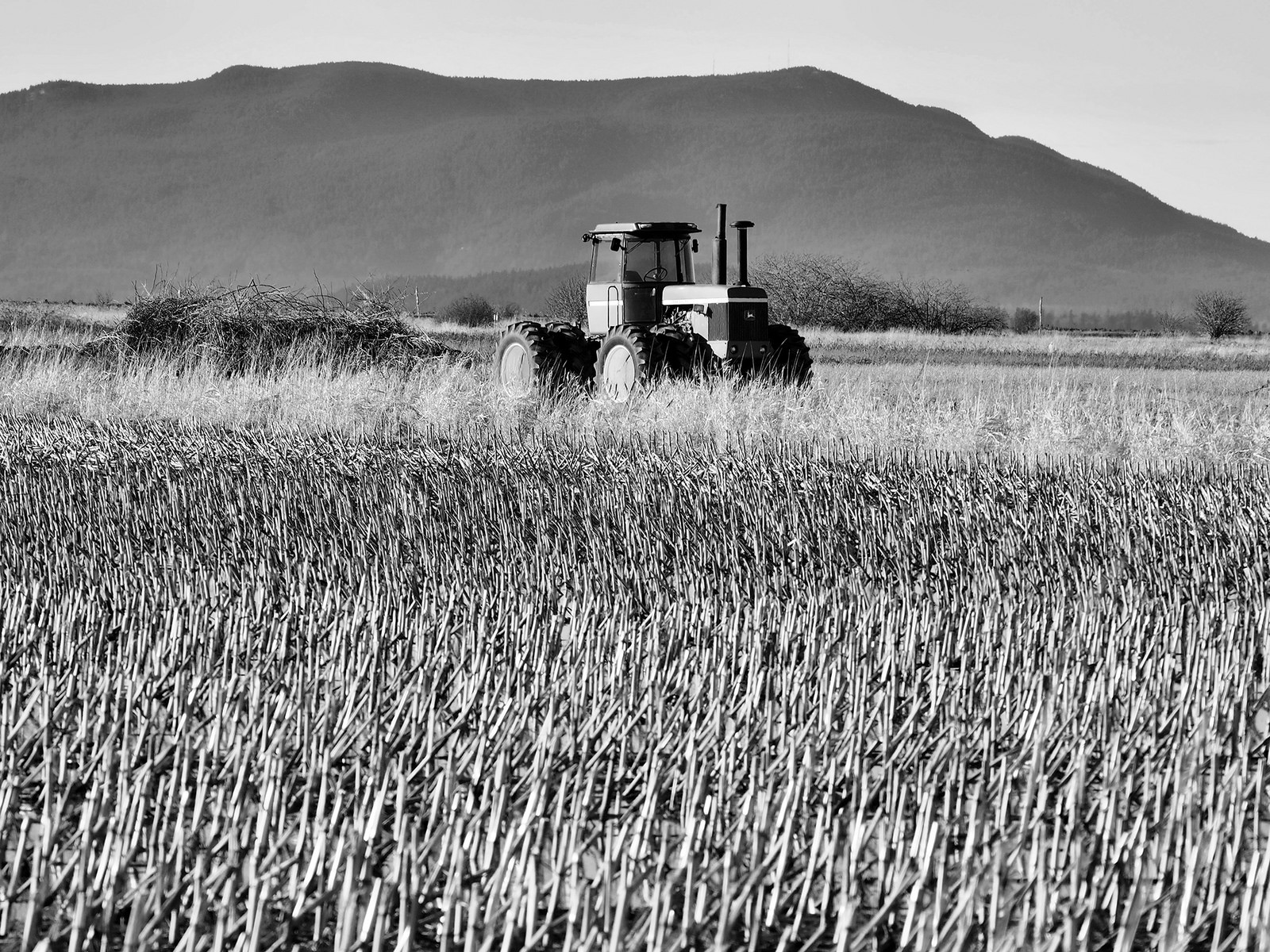From KWBU:
Earlier this month, farmers began receiving government aid to compensate them for the impact of tariffs imposed on their products. But even with relief, farm incomes are still down. That means many farmers will likely be putting off larger purchases which will put a strain on ag suppliers
Just off I-35 in Waco is Tipton International. It’s an agricultural supplier that sells all types of heavy equipment. Matthew Walker, the general manager, says he’s already seeing a drop in revenue of about 10-20 percent, due to drought and tariffs. It’s caused a lot of farmers to seek aid from the federal government.
“They’re in survival mode right now, They’re just doing what they can to survive,” Walker says.
And tariffs have hit Tipton International as well.
“Steel surcharges is taking a big hit on our equipment. We’ve had big price increases over the last six months,” Walker says.
Luis Ribera, an agricultural economist at Texas A&M University, says farm income has been in steady decline for several years now, and even though the tariffs haven’t yet been put in place, the damage is already being done in the industry.
“It’s just the talk of tariffs that adds a lot of uncertainty to the market because the markets react to news and information,” he says.
Ribera says that farmers are usually pretty optimistic, but they’ve been facing some tough situations.
“They always think that next year is going to be higher prices or better yield, but when you have low prices for several years, that’s going to erode your savings, your profits, and you’re going to wait a little longer to replace your tractor, or your combine, or whatever it is that you need,” Ribera says.
Farmers are likely to wait until all the NAFTA talk, and uncertainty with China is resolved before making any big purchasing decisions for things like heavy equipment. But dealerships that sell heavy equipment have ways to weather these kinds of storms.
“You have to be diversified in what you do as far as being in an ag dealership. You can’t just focus on one aspect of the business whether it be large farm, construction, things like that,” says Tipton International’s Walker.
And Tipton is pretty diversified. While commodity and cattle prices are down, they’ve been able to supplement their income by selling replacement parts and by selling construction equipment.
But Gene Hall of the Texas Farm Bureau says there’s an important difference between farmers and their suppliers. Farmers are price takers, not price setters.
“In our pricing system you’ve got only a few buyers and a whole bunch of sellers,” Hall says. “If Farmer Brown doesn’t want to sell his corn to me, then I go down the road a piece and talk to Farmer Green and he will.”
If a farmer’s tools or equipment cost more, they’ll have no choice but to pay that increase in cost.
“That triggers economic decisions right on down the line,” Hall says. “‘what do I tell my banker? Can I refinance my loan? Can I just pay the interest this year? Or sadly at the end of this year or next year, do I stay in business or not?’”
There may be a number of factors beyond tariffs that trigger these questions, but the threat of tariffs certainly play a role, as suppliers increase prices, and income from commodities remain suppressed.
















